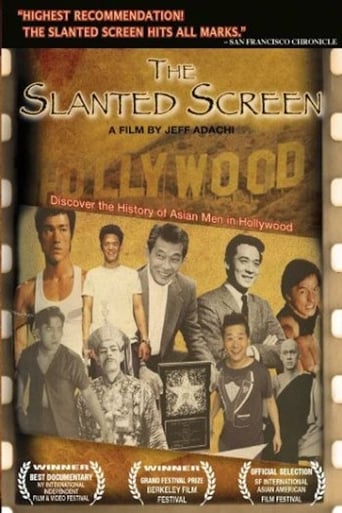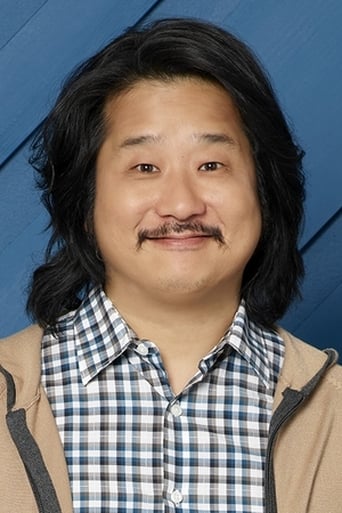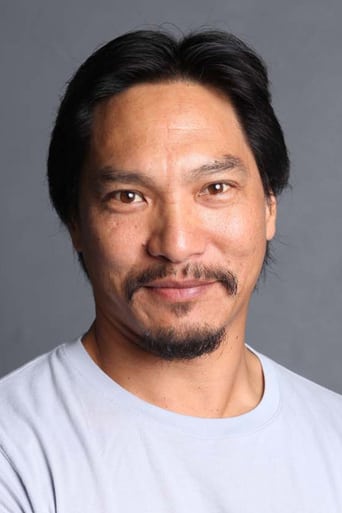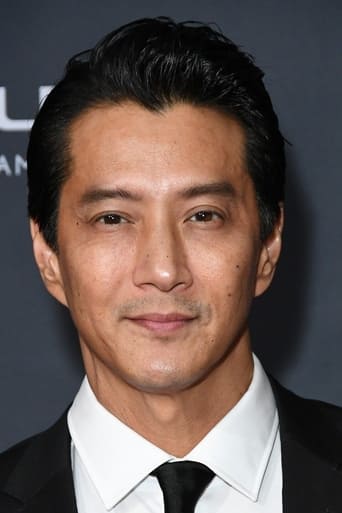

The Slanted Screen (2006)
From silent film star Sessue Hayakawa to Harold and Kumar Go to Whitecastle, the Slanted Screen examines the portrayal Asian men in film and television, and how new filmmakers are now re-defining age-old stereotypes.
Watch Trailer
Cast
Reviews
So much average
It’s not bad or unwatchable but despite the amplitude of the spectacle, the end result is underwhelming.
A terrific literary drama and character piece that shows how the process of creating art can be seen differently by those doing it and those looking at it from the outside.
The movie's neither hopeful in contrived ways, nor hopeless in different contrived ways. Somehow it manages to be wonderful
From silent film star Sessue Hayakawa to "Harold and Kumar Go to White Castle", the Slanted Screen examines the portrayal Asian men in film and television, and how new filmmakers are now re-defining age-old stereotypes.This documentary opened my eyes a bit, as I was not even familiar with the work of silent star Sessue Hayakawa. In fact, it never even occurred to me how much the Asian community was excluded from Hollywood.So, Bruce Lee was the "James Dean" of the Asian community? I can see that. For years, there were whites playing Asians (typically nasty, villainous Asians) and even today racism against Asian stereotypes is more tolerated and "acceptable" than against other targets.
This film is well-written and directed. In between recent interviews of Asian American male actors, writers, directors and critics, is interspersed archival footage showing the roller-coaster ride of these actors. While Sessue Hayakawa, film star and romantic lead, drew big and mixed audiences, others toiled in unfavorable type casting and stereo type. The exclusion laws and World War II took their toll and set back Asian American progress in the film industry. Even worse was the use of non-Asian men in makeup to appear Asian, big in the 30s. Don't miss the discussion panel in the extra features. I think that the interview with James Shigeta is the most informative. All taken, this is a fascinating film.
The documentary showd Hollywood portrayal of Asian Americans from the silent file era to today, and it claims that really nothing has changed much during this time. This should be expected since the amount of Asian immigrants coming to this country has steadily increased during this time. I think currently it's still increasing after they lax'd the immigration laws. Of course if there are more and more first generation immigrants, Asian Americans are going to be portrayed like them since they represent the majority. Asian Americans born in the United States are also increasing but at a slower pace, and they are statistically not representative of the majority of Asians in this country, and Hollywood is not going to make that distinction nor should we expect them to. So unless Asian immigration goes down, or the overall quality of those first generation immigrants goes up, neither of which is very likely then we should expect pretty much the same for the next 80 years or so.
Slanted Screen, The (2006) **** (out of 4) Extremely well-made documentary that takes a look at how Asians were shown in movies and TV. The film goes all the way back to the silent films of Sessue Hayakawa up to current films like Romeo Must Die. We gets clips from various white actors including Christopher Lee, Lon Chaney, Boris Karloff, Peter Lorre, Mickey Rooney and Bela Lugosi playing Asian characters and how these stereotypes caused studios not to hire Asian actors. We also get a rather heated debate on if Bruce Lee was good or bad for the Asian community. The film runs just under an hour and while I think the movie could have been improved with a longer running time, the director does a great job at tackling a lot of subjects within the running time. Mako, Jason Scott Lee, James Shigeta, Dustin Nguyen are among the actors interviewed and all of them tell some very strong stories of what it was like seeing whites playing Asian characters. A Hollywood insider said Asians keep getting bad roles simply because whites and blacks don't want to see them on the screen with bigger roles. This was true in the silent days and continue today so hearing someone actually say it is rather refreshing.


